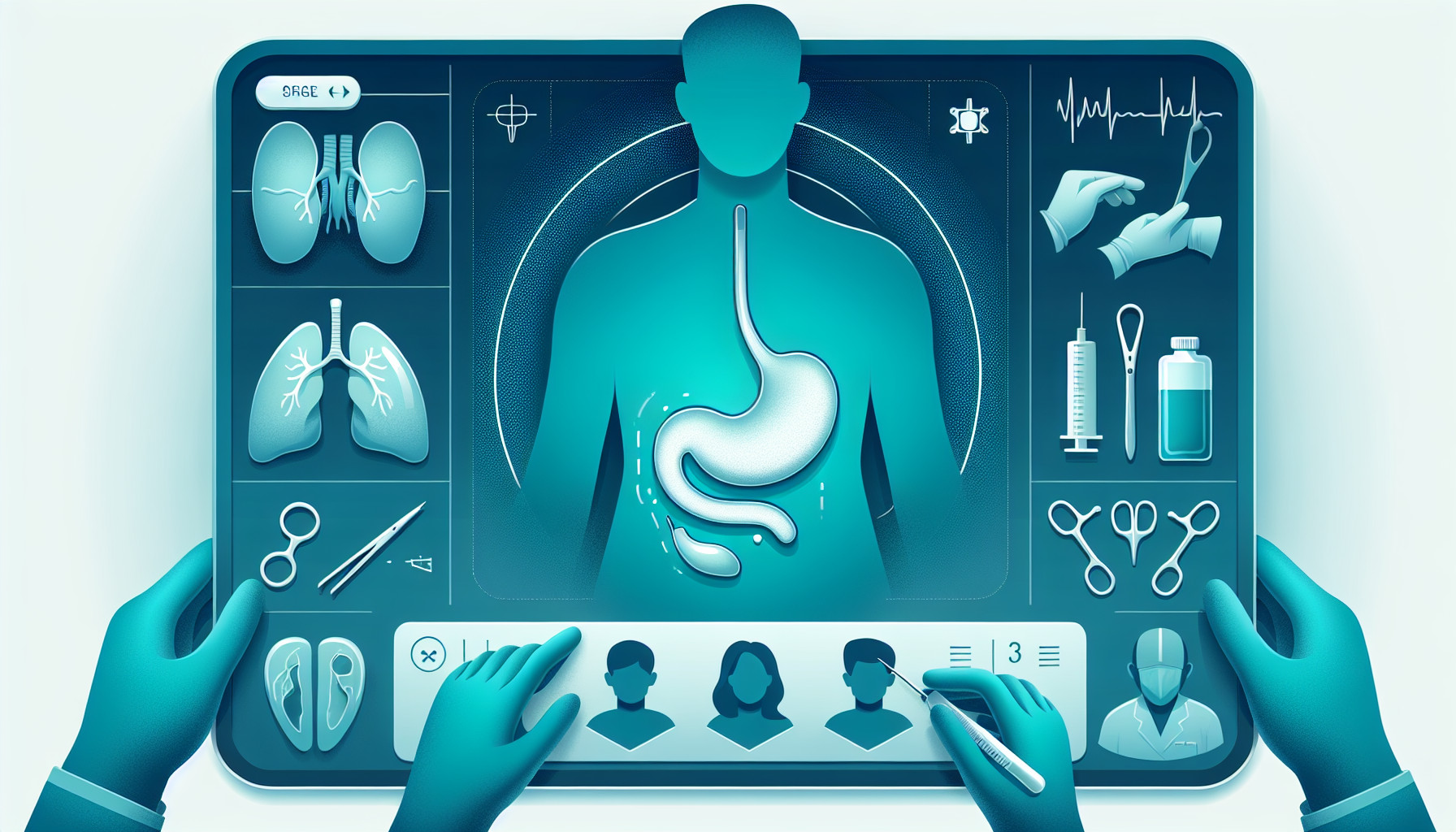Our Summary
People who have had stomach surgery are more likely to develop gallstones, which can sometimes cause symptoms such as pain and inflammation. This study aimed to find out if it is necessary and safe to remove the gallbladder at the same time as stomach surgery in patients who have gallstones but no symptoms.
The researchers looked at a number of studies to find out how often people with no symptoms of gallstones developed symptoms after stomach surgery, and whether there were any complications from removing the gallbladder at the same time as the stomach surgery.
They found that people with no symptoms of gallstones were more likely to develop symptoms after stomach surgery compared to those without gallstones and those with unknown gallbladder conditions. They also found that removing the gallbladder at the same time as stomach surgery did not increase the risk of complications.
The study concluded that it is both necessary and safe to remove the gallbladder at the same time as stomach surgery in patients who have gallstones but no symptoms. It’s important to check the gallbladder’s condition before stomach surgery, and if the gallbladder status is unknown, it should not be removed at the same time.
FAQs
- What is the risk of developing symptomatic cholelithiasis after gastric surgery for patients with asymptomatic cholelithiasis?
- Is simultaneous cholecystectomy a safe procedure for patients with asymptomatic cholelithiasis undergoing gastric surgery?
- Should a simultaneous cholecystectomy be avoided if the gallbladder status is unknown before gastric surgery?
Doctor’s Tip
A helpful tip a doctor might tell a patient about cholecystectomy is to discuss with their healthcare provider the option of undergoing simultaneous cholecystectomy if they have asymptomatic cholelithiasis and are planning to undergo gastric surgery. This can help prevent the risk of developing symptomatic cholelithiasis in the future and is generally considered safe with no increased risk of complications. It is important to assess the condition of the gallbladder before gastric surgery and make an informed decision about whether simultaneous cholecystectomy is necessary.
Suitable For
Patients who are typically recommended cholecystectomy include those with symptomatic cholelithiasis (gallstones causing symptoms such as pain, nausea, and vomiting), those with complications such as cholecystitis (inflammation of the gallbladder), choledocholithiasis (gallstones in the bile ducts), and gallstone pancreatitis. Additionally, patients who have undergone gastric surgery and have asymptomatic cholelithiasis are also recommended cholecystectomy to prevent the development of symptomatic gallstones in the future.
Timeline
Before cholecystectomy:
- Patient may experience symptoms of cholelithiasis such as abdominal pain, nausea, vomiting, and bloating.
- Patient undergoes diagnostic tests such as ultrasound or CT scan to confirm the presence of gallstones.
- Patient may be advised to make dietary changes or take medications to manage symptoms.
- If symptoms are severe or recurrent, the patient may be recommended for cholecystectomy.
After cholecystectomy:
- Patient undergoes surgery to remove the gallbladder.
- Recovery period typically lasts a few days to weeks, depending on the type of surgery performed.
- Patient may experience mild pain and discomfort in the abdomen, which is usually managed with pain medications.
- Patient is advised to follow a special diet and avoid fatty or greasy foods to prevent digestive issues.
- Most patients are able to resume normal activities within a few weeks after surgery.
- Long-term complications are rare, and most patients experience relief from symptoms of cholelithiasis after cholecystectomy.
What to Ask Your Doctor
- What is cholecystectomy and why is it recommended for patients with asymptomatic cholelithiasis undergoing gastric surgery?
- What are the risks and benefits of undergoing simultaneous cholecystectomy during gastric surgery?
- How will the removal of the gallbladder affect my digestion and overall health in the long term?
- What is the recovery process like after undergoing cholecystectomy?
- Are there any alternative treatments or options available for managing asymptomatic cholelithiasis without removing the gallbladder?
- What are the potential complications or side effects associated with cholecystectomy?
- How long will I need to stay in the hospital after the surgery?
- Will I need to make any changes to my diet or lifestyle after the gallbladder removal?
- Are there any specific follow-up appointments or tests that I will need after the surgery?
- What is the success rate of cholecystectomy in treating asymptomatic cholelithiasis in patients undergoing gastric surgery?
Reference
Authors: Jiang T, Zhang H, Yin X, Cai Z, Zhao Z, Mu M, Liu B, Shen C, Zhang B, Yin Y. Journal: Expert Rev Gastroenterol Hepatol. 2023 Jul-Dec;17(10):1053-1060. doi: 10.1080/17474124.2023.2264782. Epub 2023 Oct 24. PMID: 37795528
